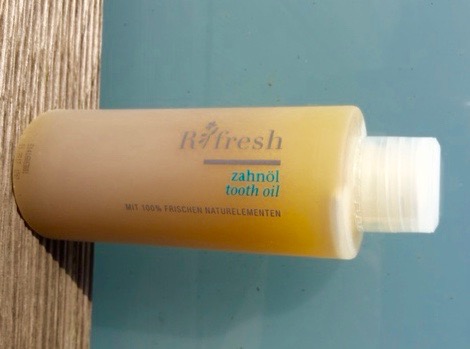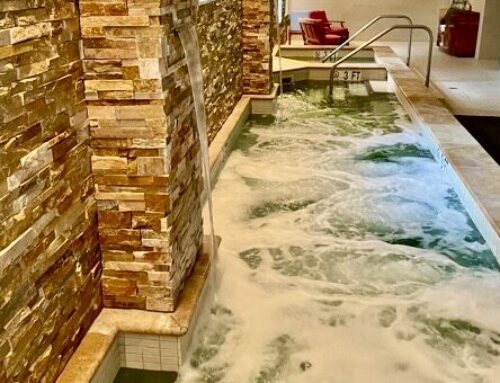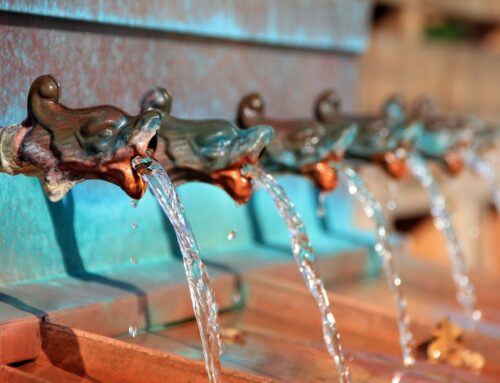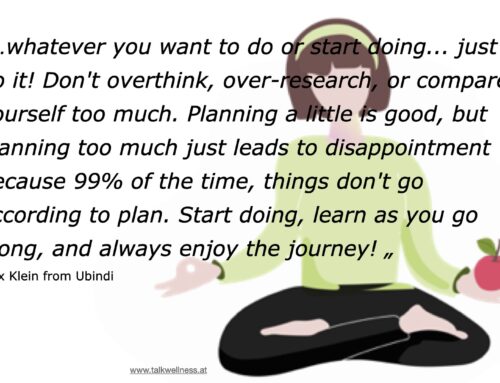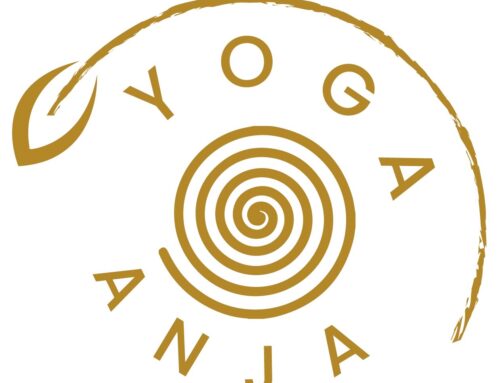Better Alternatives to Tooth Paste
When I was much younger (at a pre-internet age), I did not know much about natural organic skin care or foods. It was not common to talk about it, nor a trend or in fashion. Consumers believed in advertising promises by manufacturers more than they do today.
When I first started looking into alternative products, I was overwhelmed. Deodorants contain aluminium salts, tooth paste contains a potpourri of toxics, skin care contains parabens, and bath salts toxic colours… where to start???
Switch to Natural and Start with your Body
I advise everyone who wants to switch to natural organic products to start with their body care: body lotion and cleanser.
This is for two reasons: first, the skin on your body is usually not as sensitive as the skin in your face, and hence more forgiving. It is easier to try out new products and see how they work for you. Body care products are also typically less expensive than face care, hence trying out different brands and mistakes in choosing options are not as costly.
Secondly and more important: the skin is your biggest organ, and the skin on your body has the largest surface. Hence switching to natural and organic products for your body has a much larger impact on your health.
Once you have found your new routine for body care, look into other, maybe smaller, areas.
I, for example, then changed my lip balm, hand cream etc. until eventually all my products are from organic sources. And now is the time to switch to better options for my oral hygiene.
Better Alternatives to Tooth Care
So over the years I have worked my way through miles of product shelves and am quiet happy with my gained knowledge about ingredients, and about what to look for in a product.
Now I am at the point where I am looking into alternative oral hygiene, and I am trying out new things.
Why? Because I brush my teeth twice a day minimum. I am honest here, I hardly manage 3 times, or let’s say after each meal. But morning and night are fix sessions for my oral hygiene. So that is a lot of ‘swallowing’ toxic ingredients every day…
Although adults usually do not ‘eat’ their tooth paste or swallow large amounts, small amounts penetrate the oral mucosa and reach the blood system particularly fast.
Don’t Panic – use Organic!
OK, just by using the wrong tooth paste, or one facial skin cream that contains one unfavourable ingredient, we are not going to die. I have heard my mother say it many times to me: “I have used these products for over 50 years now and I am fine”.
True.
But also true is, that there were a lot less toxics in her environment and childhood for example.
So what does count is the sum of all toxics that we consume on a daily basis. It is not the one ingredient or product that is harmful, but the sum of all. Whereas some may be more difficult to influence, i.e. the air that I breathe, in others I have a choice and voice!
I believe it is wise to eliminate as many sources as I can and as I have a say in. And using the best option for my oral hygiene is one them.
Common Ingredients in Conventional Tooth Paste
Here are just a few of the most common ingredients in the conventional tooth pastes we use.
Fluorides
have no immediate toxic effect when brushing your teeth with a fluoride containing paste. However if swallowed over a long period of time in small amounts, they are said to have drastic effects by slowing down your metabolism and affect the enzymes of the immune system.
Artificial Aromas
Especially tooth pastes for children contain aromas, that mimic the taste of chewing gum or treats and kind of seduce children to ‘eat’ the paste. These aromas are added apparently to motivate children to brush their teeth and get into this healthy habit… but manufacturers do not seem to care, that these children swallow large amounts of toxics along…
An unattended two year old that swallows half a tube of such a paste can get into serious trouble health wise, if not even die from the large amount of fluoride consumed in one go.
Triclosan
Is a disinfectant and preservative and used in products for caries prevention, such as tooth paste or mouth wash. It is also used in dish washing liquids and cleaning materials. Unfortunately it does not only kill bad bacteria, but also harms the natural and healthy oral flora and ‘good’ bacteria.
Sodiumlaurylsulfate (is found under many different names)
is a tenside, used as cleaning agent in many care products, such as tooth pastes, shower gels or shampoos. Also found in dish washing liquids. It is said to cause allergies and irritates the skin. Scientist believe that it dries out the oral mucosa which promotes the development of canker sores.
Parabens
can also have different names and may not be easy to detect on lists of ingredients.
They are synthetic preservatives and much cheaper as natural alternatives like Vitamin E.
They are known for causing allergies and affecting hormones. Parabens have been found in cancerous cells (breast cancer), however causes and effects have not been fully researched yet.
Of course there are a lot more ingredients in tooth pastes, such as sweeteners or abrasives, and none of them are any better for our health. If you want to read more about this, I found this good article Toothpaste can do more harm than good.
I have used such conventional tooth paste for most of my life unfortunately, even sometimes ‘whitening’ stuff. This has an end now, and here are some of the alternatives that I have tried:
Option 1: Tooth Oil
Oil pulling is well known in Ayurveda, yet not very common in our modern life styles. An alternative to oil pulling that suits our hectic work day morning routines much better is a tooth oil, for example by Ringana.
I use the oil just like a paste, however in order to avoid the liquid ‘running’ off my (electric) brush, I spritz some oil in my mouth directly and then brush.
It took only 2 days to get used to the very different feel of using an oil instead of paste. The taste of this oil is very minty and refreshing and my teeth feel super clean afterwards. I have not witnessed any discolouration of my teeth over months of use. Absolutely a great alternative to conventional paste!
The only downfall: obviously an oil is oily, and so are the handle of my brush, the sink and the faucet after use…
Tea Tree Oil works just the same way. I find tea tree oil a super alternative and super handy when travelling, as the little glass bottle fits well in my travel bag. And besides, I always carry tea tree oil on my anyway.
Option 2: Natural Tooth Gel
This is the closest to conventional tooth paste and highly recommended for ‘beginners’ who start looking into alternatives. I have tried the natural tooth gel by international brand Weleda. It works exactly like any other tooth paste, tastes great, and feels familiar. Since it does not contain any tensides, their is no artificial foaming. it is free from synthetic aromas, colours and preservatives.
I sometimes use the tooth gel when I feel like brushing my teeth like in the ‘old’ days. But I realise that I need this less and less, the more I get used to other alternatives.
Option 3: no product at all
Better alternatives to tooth paste is also… no paste. Many dentists argue, that not your tooth paste is crucial for healthy teeth but your tooth brush! Which means that one can brush their teeth successfully over a long period of time with no tooth paste or alternative products but the brush only! The secret lies in the correct mechanical technique using brush and floss.
What does not convince me entirely of this option is that it does not include a different taste in my mouth after brushing.
Have you tried alternative products for your oral hygiene? Do you know of better alternatives to tooth paste? What works best for you?

